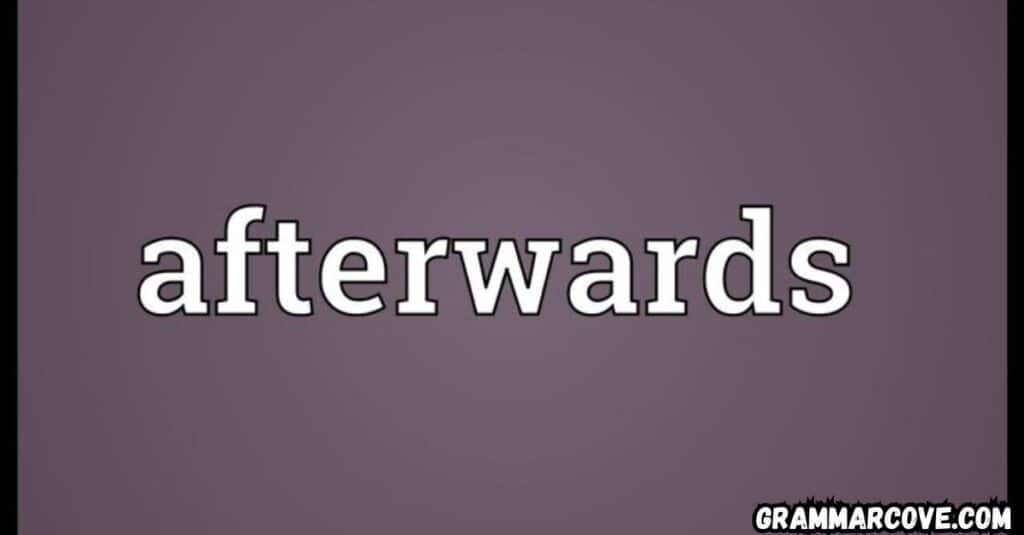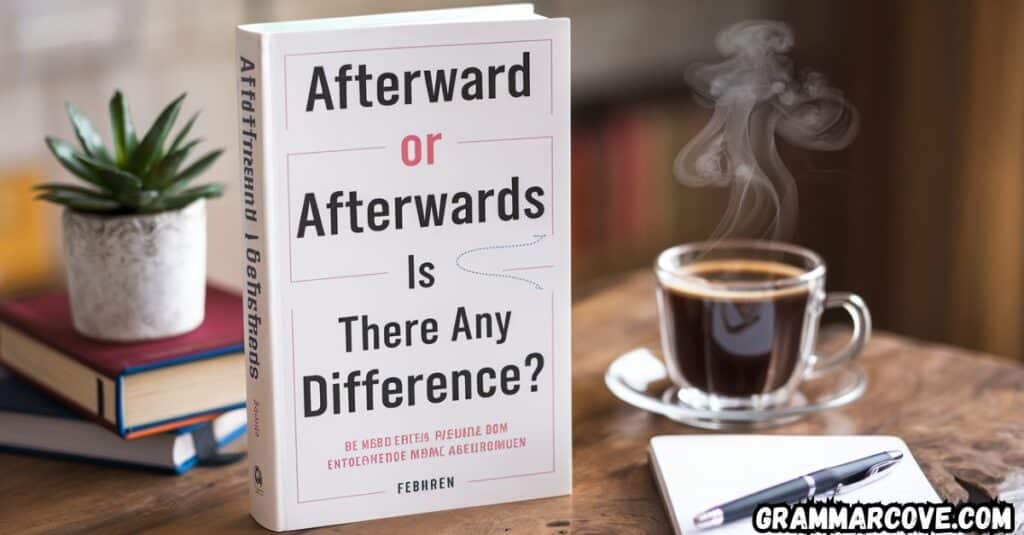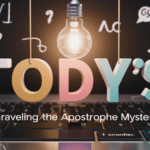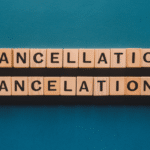When it comes to choosing between “afterward” and “afterwards,” many English speakers find themselves puzzled. Both words refer to something that happens subsequent to a certain event or point in time, but are they truly interchangeable? Let’s explore this question in detail, examining both terms in different contexts, providing examples, and diving into whether there’s any significant difference between the two.
What Does “Afterward” Mean?
“Afterward” is an adverb that refers to something happening subsequent to a specific point in time. It is often used to describe an event or action that occurs after something else has happened.
For instance, you might say:
- “We went to the movies, and afterward, we grabbed dinner.”
The use of “afterward” suggests that the dinner happened after the movie, but it doesn’t specify how much time passed in between. It’s a flexible adverb used to denote a general sequence of events.
Example Scenario Using “Afterward”
Imagine you’re writing a friendly email to a colleague after an event. Here’s how you might use “afterward” in a natural, conversational tone:
Subject: Catching Up After the Conference
Hi Sarah,
I hope you’re doing well! It was so great catching up with you at the conference this morning. I think we had some really interesting conversations about the future of marketing.
I wanted to share a couple of the ideas we discussed—I’ll email them to you afterward, once I’ve had a chance to jot everything down.
Best,
John
In this case, “afterward” indicates that John will follow up at a later time.

What Does “Afterwards” Mean?
“Afterwards” carries the same meaning as “afterward” — referring to something happening after a certain point. The main difference lies in regional usage and style preferences, particularly between British English and American English.
While “afterward” is the preferred version in American English, “afterwards” is more common in British English. Both words are understood and used widely, but the choice of one over the other can signal the speaker’s regional background.
Example Scenario Using “Afterwards”
Now, let’s consider a scenario where “afterwards” might be used. Suppose you are planning a dinner party and you’re sending out invitations:
Subject: Dinner Party This Friday!
Dear Mike,
I hope you’re well. I’m hosting a dinner this Friday, and I’d love for you to join us. We’ll start at 7 PM, and afterwards, we can head out to the lounge for drinks. It’ll be a great time to unwind after a long week.
Looking forward to seeing you!
Cheers,
Emma
Here, “afterwards” is used in the same way as “afterward” in American English. Emma is simply following the British convention in her writing.
Key Differences Between “Afterward” and “Afterwards”
Now that we’ve reviewed both words, it’s time to ask: Is there any actual difference between “afterward” and “afterwards”? The short answer is no, there’s no significant difference in meaning. However, there are some nuanced variations in usage that are worth noting.
1. Regional Preference:
- American English: “Afterward” is the favored choice.
- British English: “Afterwards” is more common.
This distinction may not always be strict, but it’s helpful to understand if you’re writing in a particular regional style.
2. Formality and Style:
Some grammar enthusiasts argue that “afterward” sounds slightly more formal than “afterwards.” However, this is a subtle point and likely won’t affect most everyday writing.
3. No Substantial Meaning Difference:
Despite these slight differences, the meaning remains the same. Whether you use “afterward” or “afterwards,” you are indicating an event that occurs following another one.
Table: A Quick Comparison Between “Afterward” and “Afterwards”
| Aspect | Afterward | Afterwards |
|---|---|---|
| Meaning | Refers to something happening later. | Refers to something happening later. |
| Usage | Common in American English. | More common in British English. |
| Formality | Slightly more formal. | Slightly less formal. |
| Regional Preference | Preferred in American English. | Preferred in British English. |

Which Should You Use? “Afterward” or “Afterwards”?
If you are writing for an American audience, you’ll likely want to use “afterward” since it’s the more common form in U.S. English. Conversely, if your writing is intended for a British audience, “afterwards” will likely sound more natural.
However, it’s worth noting that both words are widely understood no matter the region, so the choice is often based on personal preference or the style guide you’re following.
Examples in Different Contexts
Let’s go over a few more examples in different scenarios to help you see how both “afterward” and “afterwards” work in everyday language.
1. Email to a Client (American English)
Subject: Follow-Up from Today’s Meeting
Hi Jennifer,
Thank you for meeting with me this morning. I’ll send you the contract details afterward, once I’ve reviewed the final points we discussed.
Best regards,
David
Here, “afterward” works well because the writer is following American English conventions.
2. Text Message to a Friend (British English)
Hey Tom,
I had a great time at the concert today! Let’s grab some food afterwards—how about that new sushi place we talked about?
Cheers,
Sophia
In this example, “afterwards” fits the British style while keeping the tone conversational.
3. A Blog Post (Neutral English)
In a recent blog post, we discussed how important it is to stay organized during a busy workday. You can schedule meetings, handle urgent tasks, and afterward, you’ll have more free time to relax or catch up on personal projects.
In this neutral tone, either “afterward” or “afterwards” could work, but the choice of “afterward” may lean slightly more toward an American English style.
Conclusion: Afterward vs Afterwards
In the end, both “afterward” and “afterwards” are completely acceptable and mean the same thing. The difference lies primarily in regional preferences: Americans tend to favor “afterward,” while British speakers generally prefer “afterwards.”
So, the next time you’re writing an email, crafting a blog post, or chatting with friends, don’t stress over choosing one word over the other. Just be mindful of your audience, and you’ll be just fine.

Steel Morgan is an experienced blogger passionate about language and writing. On Grammarcove. he shares his expertise in grammar, punctuation, and effective communication, making complex rules simple and accessible for readers. With a knack for clear explanations and engaging content, Steel aims to help others master the art of language.







